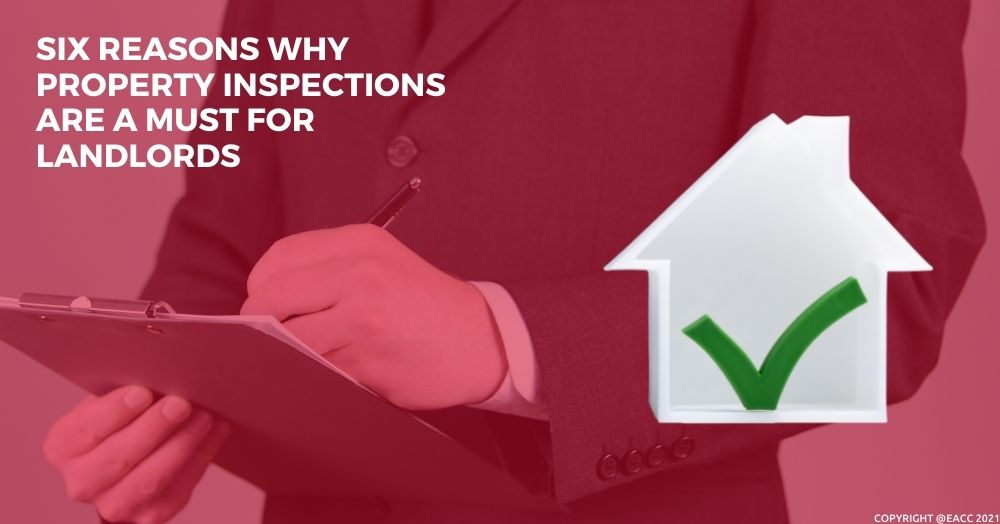The Benefits of Regular Property Inspections for SE18/SE28 Landlords
In this three-minute read, we look at why regular inspections should be central to your property management strategy.
When you’re a busy landlord juggling a multitude of responsibilities, it’s easy to let a crucial part of managing a property – regular inspections – slide.
Landlords usually carry out inspections with clockwork regularity at the start of a tenancy, but things can get a little lax over time.
Perhaps the tenant presents as a model citizen, and the landlord develops a false sense of security. (To which we say, remember Walter White, the unassuming science teacher turned crystal meth baron in the TV series Breaking Bad.)
Or maybe, the tenant pays their rent on time and never says a peep, so the landlord assumes that everything is ticking along nicely (silence is golden, right?).
No matter how much you like your tenant or how busy you are with other commitments, never skip or delay a property inspection. They are one of the best ways to protect your investment – and head off disaster.
Here are six reasons why SE18/SE28 landlords should carry out regular inspections.
- Maintenance
It’s easier (and cheaper) to rectify a minor maintenance issue than a major one. A tenant may not mention a leaky tap or a little bit of damp, but these problems can morph into expensive repair jobs if left unresolved. It’s also essential that you check that carbon monoxide monitors and smoke alarms are working.
- Paper trail
The photographs and notes you take during each inspection (yes, you should be doing this) create a valuable paper trail. If there is a dispute at a later date, you’ll have evidence to support your side of the story.
- Build rapport
If your tenants find you approachable, they’ll be more likely to let you know when there is an issue and treat your property respectfully.
- Contractual obligations
It’s important to know that your tenants are complying with their contract and haven’t sublet the property or sneakily adopted a pack of Great Danes.
- Spot illegal activities
With regular inspections, you can ensure your property isn’t being misused by a criminal gang. We know this sounds far-fetched, but gangs – particularly those involved in cannabis production – are becoming increasingly brazen. Trust us, the last thing you want is a police cordon and Sky News reporter outside your property.
- Insurance disputes
Many insurers won’t pay out on a major claim if the landlord hasn’t conducted regular inspections. They argue that by neglecting to visit the property, the landlord has not been vigilant and has therefore invalidated the policy. Whatever you make of this justification, cover yourself, so you don’t wind up out of pocket.
For advice about our property management services, please contact us here at HI RESIDENTIAL.





